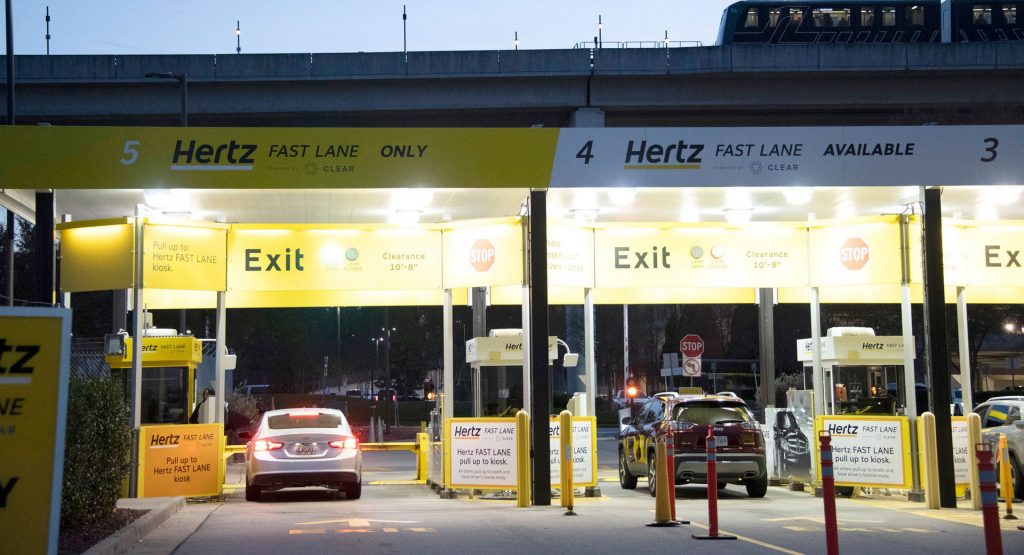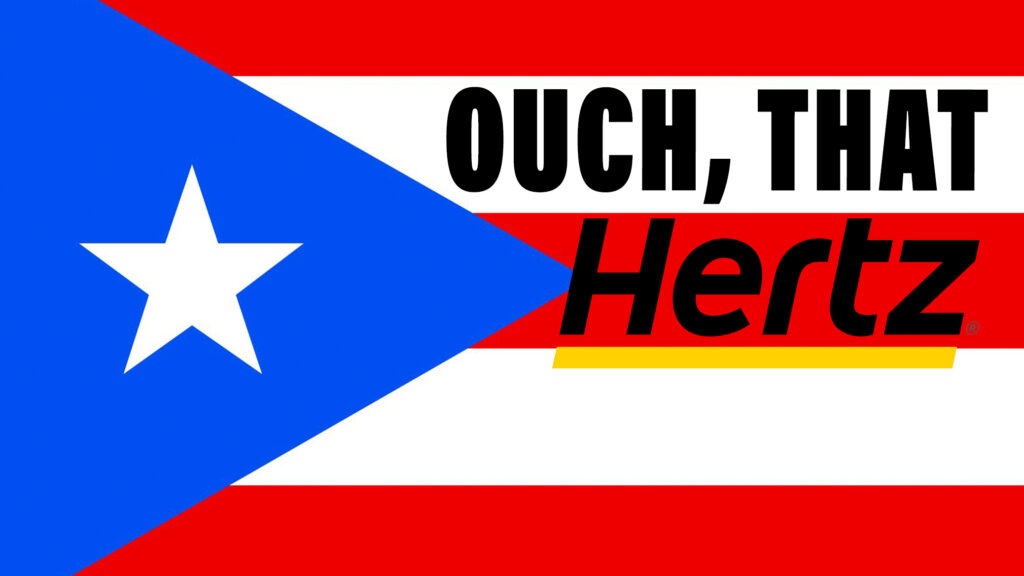Renting a car can be a painful experience. You’re usually doing it after a flight, so are tired, and despite having filled in a million bits of information online weeks ago, some firms still seem to have a ton more paperwork for you to do. And some might even land you in jail after incorrectly reporting the car as stolen once you’ve left the rental lot.
But imagine being denied the rental car you booked altogether, even though you know full well you’ve fulfilled every criteria and that the desk clerk is in the wrong. That’s what happened to one Puerto Rican traveller when he arrived at Louis Armstrong New Orleans International Airport in early May.
Like anyone born in Puerto Rico, Humberto Marchand is classed as an American citizen thanks to the Jones-Shafroth Act signed into law by President Woodrow Wilson in 1917. And that means Marchand and his fellow countrymen only need show a driving license under Hertz rules to rent a car in the U.S.
But the Hertz counter clerk in New Orleans wanted to see Marchand’s passport before they would let him have the car, a document he didn’t have because as an American citizen he didn’t need it to fly between Puerto Rico and the U.S.
Related: Hertz To Pay $168 Million To Settle False Theft Report With Rental Customers

Marchand was refused the car and to make matters worse, he claims a Kenner police officer at the airport who told him to leave could be heard saying he would call “the border authorities,” though Kenner Police Department said that comment can’t be heard on body camera video. CBS News reports that Marchand has filed a complaint and that the officer is under investigation. Meanwhile, Hertz has apologized to Marchand and refunded his rental fees.
But that’s not the end of the matter. Jenniffer González-Colón, Puerto Rico’s congressional representative, wrote a stinging letter to Hertz CEO Stephen Scherr calling out the company for its poor treatment of Puerto Ricans.
“[It is] unacceptable that, more than 100 years after obtaining U.S. citizenship, Puerto Ricans are still discriminated against and treated like second-class American citizens,” González-Colón wrote, going on to suggest that the rental firm implement a company-wide educational program.
Scherr wrote back, agreeing that Marchand’s treatment wasn’t good enough and insisting that since the incident Hertz has taken multiple steps including rewriting its policies to make clearer to staff the status of travellers from Puerto Rico and other U.S. territories.




